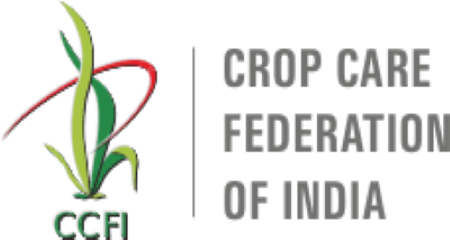Any reduction or exemption would result in loss of revenue estimated at Rs. 4,500 crore annually to the government on account of GST

There is an urgent need to increase custom duty on import of Technical & Formulations, Harish Mehta, Senior Adviser, Crop Care Federation of India (CCFI), said regarding Budget Recommendations 2023-24.
Mehta said that the very concept of building a competitive economic system for domestic industry has been hampered by surge in non-essential imports of readymade formulations mainly by MNCs and traders who clandestinely import not for their captive consumption but primarily for merchant sale, with is not officially permissible.
“There has been a 37% surge in agrochemical imports during the last two years reaching the figure of Rs. 12,418 crore (FY 2020-21) from Rs. 9,096 crore in the previous year. Lately during (FY 2021-22) the imports are to the tune of Rs. 13,365 crore. Interestingly on analysis, we find that out of total imports, 55% was the estimated share of readymade formulations imported (in value) which would go further unless stringent measures are not taken expeditiously,” Mehta informed.
CCFI is of the view that non-essential Imports should be stopped and simultaneously the customs duty on Imports of Technical Grade should be enhanced from present 10% to 20%. Likewise, custom duty on ready-made formulations to be enhanced from the present 10% to 30% to safeguard the Indian industry. The government is also of the firm view that there has been a delta in custom duty structure. Formulation import entails no value addition, or investment or employment, a trend adopted by MNCs and commodity traders who do not have their own manufacturing plants in India.
This has been one of the major pain points of the indigenous agrochemical industry as MNCs and traders clandestinely import ready- made formulation to the detriment of local manufactures. This needs to be stopped, as we have the Technical capability and capacity to meet the requirement.
The current rate of GST at 18% majorly covers all the goods and services procured by the industry and thereafter the products sold by the industry across the value chain are at 18% with the aim to provide a balancing and seamless flow of credit and its utilization. It also avoids the distortion caused due to inverted duty structure.
This rate covers more than 90% of the goods and services which are subject to GST. Similarly, about 90% of the final products and services sold by the industry across the value chain are at this rate of 18%.
“Any reduction or exemption would result in loss of revenue estimated at Rs. 4,500 crore annually to the government, besides blocking of working capital which would increase cost of business,” Mehta opined.
"We have already submitted our proposal to the Secretary Chemicals, Department of Chemicals & Petrochemicals for inclusion under the PLI Scheme, so that India could emerge as a manufacturing hub and gain leadership once critical manufacturing capacities are enhanced," he added.
"We expect an investment of Rs. 12,000 crore in the next three years, after its implementation as investments are getting delayed due to non-inclusion. A corpus of Rs. 500 crore should be provided by the government with the aim to follow the policy of “Make in India” towards Atmanirbhar Bharat for which Indian manufacturers are committed,” he said.
Subscribe to our newsletter & stay updated.